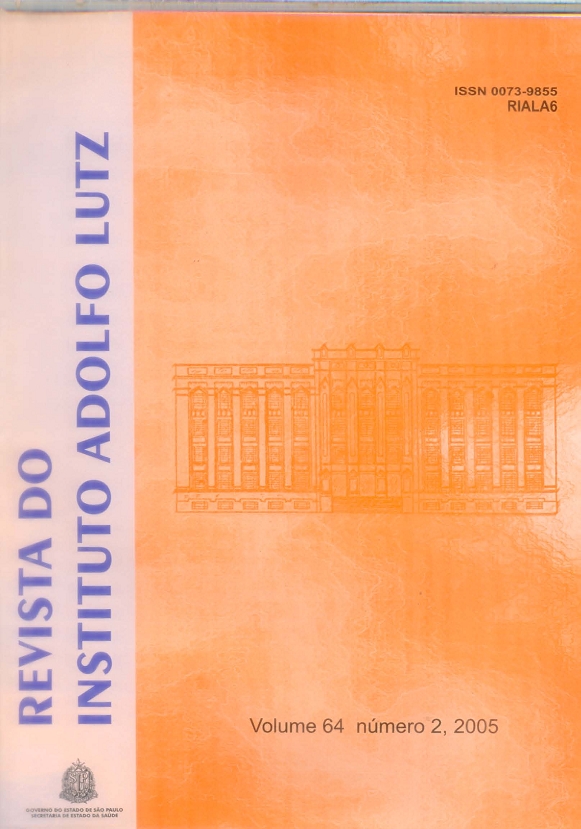Resumen
Serogroup B Neisseria meningitidis is responsible for fulminant septcemia and it is a common cause of pyogenic meningitis. In addition to sporadic outbreaks, large epidemics of serogroup B meningococcal disease occur in many parts of the world. Therefore, the development of a vaccine against N.meningididis serogroup B remains a high priority worldwide. Unlike others serogroups to wich the capsular polysaccharides constitute efficacious vaccines, the serogroup B capsule is poorly immunogenic in humans. In modern vaccine development, strong emphasis has been laid on mucosal immunization system. In particular, the intranasal (i.n) holds promise for a potential induction of protective immune responses, since its able to elicit both local and strong systemic immune response. Intranasal vaccination may therefore be of particular interest against respiratory tract infections, such as those caused by N.meningitidis. Lipopolysaccharides(LPS) are complex molecules which are part of outer membrane, of Gram-negative bacteria. The advantage of mucosal immunization is that vaccines containing lipopolysaccharides may be delivered safely via mucosa route without causing adverse side effect seen in parental immunization. The New Zeland white rabbits was employed as model for representative by intranasal immunization in humans with regards to vaccine disposition. Immunizing with native outer membrane vesicles (NOMV) would be an excellent way to prevent meningococcal antigens in their native conformations; however, NOMV(Native Outer Membrane Vesicles) does contain native endotoxin that would cause unwanted local and systemic reactions if given intramuscularly (i.m) administered in humans. Endotoxin is highly pyrogenic, and we found that in rabbits as little of 0,1μg of NOMV caused a pyrogenic response when delivered intravenously. On the other hand, when 400μg of NOMV were inoculated in rabbits intranasally no pyrogenic or other untoward responses. In the present study the immunogenicity of NOMV administered in rabbits divided in groups of rabbits immunized at 7-days intervals. Antigens used included: NOMV of the strains B:4:P1.15.L3,7,9,8, NOMV B:4:P1.15.L3,7,8,9↑, B:4:P1.15.L3,7,9,8↑ selected by colony blot using monoclonal antibody. The antigens preparations were adminestered to nonanesthetized intranasally rabbits i.n with 1000 μg protein in a 1.0mLvolume. Nasal lavage samples were collected prior to initial immunization and 35º days latter by instilling 2.5mL of sterile PBS into nostril. The rabbits head directed in aslight downward direction. The nasal lavage was collected from contralateral nostril into a sterile Petri dish. Kinetics of immune response using different concentration of of NOMV administered i.n was analysed. Rabbits immunized i.n four times with NOMV from the strain B:4:P1.15.L3,7,9,8 had lower bactericidal titers and IgG levels in sera compared with the same strain selected with MAb for the immunotypes L3,7,9↑ or 8↑. Also difference in specificity of produced the IgG antibodies on Immunoblot were detected. Immunoblot showed that on day 35º sera reacted with a wide variety of immunoreactive bands , including class 2, class 4, 50kDa , as well as L8 LOS, NspA and NadA. Marked increases of serum IgG and Nasal lavage (IgA) to N.menigitidis was detected by ELISA. These data emphasize the importance of establishing of LPS immunotypes in order to produce a future meningococcal cavvine able of generating long lasting immunity in all population.
Esta obra está bajo una licencia internacional Creative Commons Atribución 4.0.
Derechos de autor 2005 Revista del Instituto Adolfo Lutz
Descargas
Los datos de descargas todavía no están disponibles.
